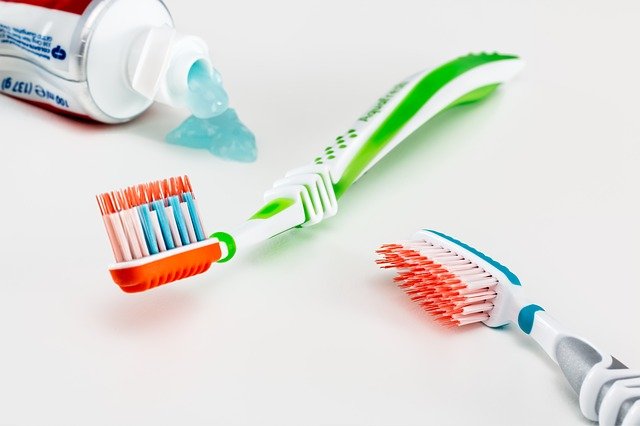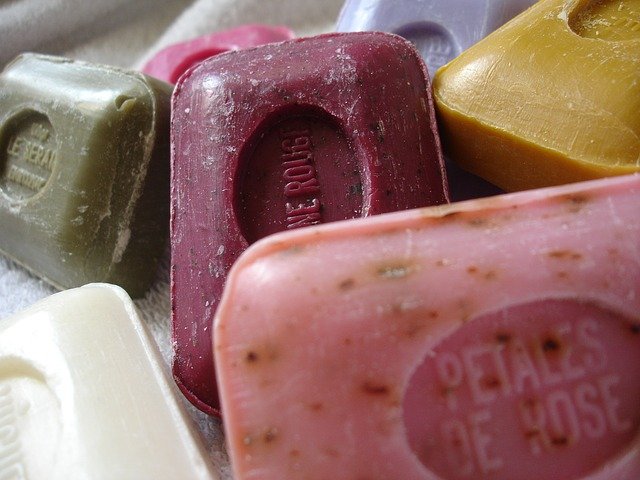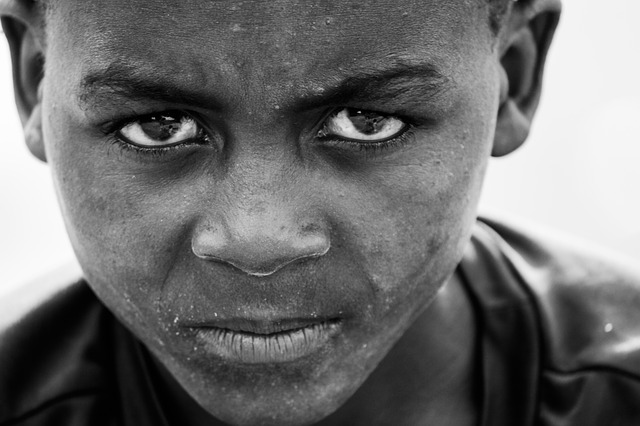Hygiene poverty is not being able to afford many of the everyday hygiene and personal grooming products most of us take for granted. The reality of low income is that it restricts people’s options, leaving us caught between being able to heat our homes, pay the rent, eat or be clean.

Two thirds of those defined as living in poverty work.

We know that long before people go to a food bank they stop buying toiletries. (source: The Trussel Trust)

Over one third of people living in the UK and over half of 18 to 24 year olds have had to go without hygiene or grooming essentials or cut down on them due to lack of funds. (source: In Kind Direct, 2017)

8 in 10 primary school teachers say that they’ve seen a rise in the numbers of children coming to school unwashed or not looking presentable in the last five years and have found themselves intervening at an increasing rate. Nearly half of all teachers said they had seen bullying because of hygiene issues. (source: In Kind Direct, 2017)

3 out of 10 teachers regularly buy their pupils toiletry essentials. (source: In Kind Direct, 2017)

Tooth decay remains the number one reason that children aged 5-9 are admitted to hospital. (Royal College of Surgeons, September 2018)





